
OR
Swine flu and pneumonia infections increasing in Kathmandu Valley
Published On: December 19, 2023 08:44 PM NPT By: Pabitra Sunar

KATHMANDU, Dec 19: Doctors have highlighted a surge in the number of patients suffering from seasonal diseases as the cold weather intensifies. Major hospitals in the Kathmandu Valley report an increase in the cases of swine flu (H1N1), viral pneumonia, cold, and bacterial pneumonia.
The Civil Hospital Department of Pulmonology notes that bacterial pneumonia is now the predominant issue, followed by viral pneumonia and swine flu in third place. Two patients are currently undergoing treatment for swine flu, and 10 others are being treated for pneumonia, with 10 to 12 such cases arriving at the outpatient department daily.
Pulmonologist Dr Bidesh Bista explains that viral pneumonia is more common among pilgrims returning from India, while bacterial pneumonia is prevalent among valley residents. He emphasizes that swine flu, categorized as a seasonal flu, presents more complications than other pneumonias.
At the TU Teaching Hospital Maharajgunj, 15 percent of patients treated in the emergency room suffer from fever and pneumonia, according to Dr Ramesh Maharjan, chief of the Emergency Room. Asthma and pneumonia are more common among these patients, but due to the nature of referral cases, individuals with normal fever are only brought to the emergency room after complications arise. The ward sees 120 to 150 patients seeking treatment daily.
The hospital’s medical department reports an influx of patients with cough, fever, and pneumonia over the past two weeks, with Senior Physician Dr Dhruv Gaire noting a higher infection rate among the elderly. A patient with seasonal flu symptoms tested positive for influenza A via a swab test, and those with viral pneumonia presented with complex problems.
Dr Sher Bahadur Pun, coordinator of the Research Branch at Sukraraj Tropical and Communicable Disease Hospital, observes that patients with breathing difficulties and fever tend to arrive at the hospital in the evening, indicating delayed hospital visits when symptoms worsen. He suggests that many individuals in society may be resting at home with undiagnosed symptoms.
Doctors stress the importance of seeking immediate medical attention if symptoms such as cough and fever persist for more than two days. They advise against staying at home when symptoms are present, emphasizing the significance of timely treatment to avoid complications associated with seasonal flu-induced pneumonia.
To prevent cold-related infections, individuals are encouraged to wear masks when outdoors, avoid crowded places, prioritize personal hygiene, and receive the annual flu vaccine. Doctors note that the body's immunity typically takes three weeks to respond to any flu vaccine.
You May Like This
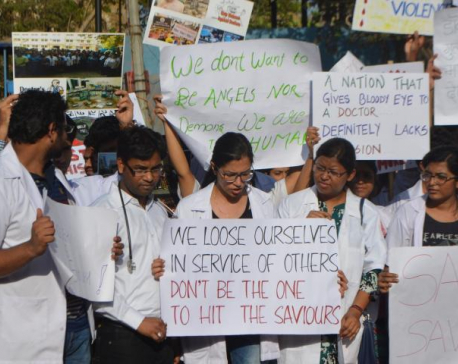
Thousands of doctors go on strike in India to demand safety after attack
KOLKATA/NEW DELHI, June 14: Thousands of doctors across India went on strike on Friday to demand better security at hospitals... Read More...

Court extends judicial remand of foreign doctors
KATHMANDU, Feb 1: The Kathmandu District Court has extended the judicial remand of 14 foreigners and three Nepali citizens arrested... Read More...
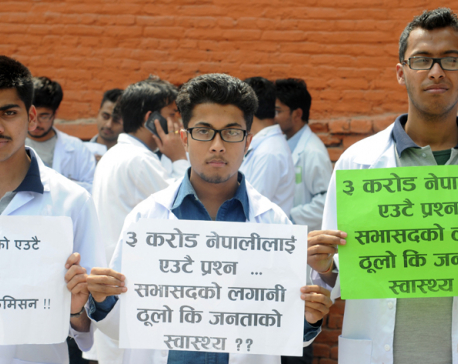
Doctors stage demonstration at Baluwatar in support of Dr KC
KATHMANDU, Nov 25: Residents doctors at the Institute of Medicine (IoM), Tribhuvan University Teaching Hospital (TUTH), have staged a demonstration... Read More...




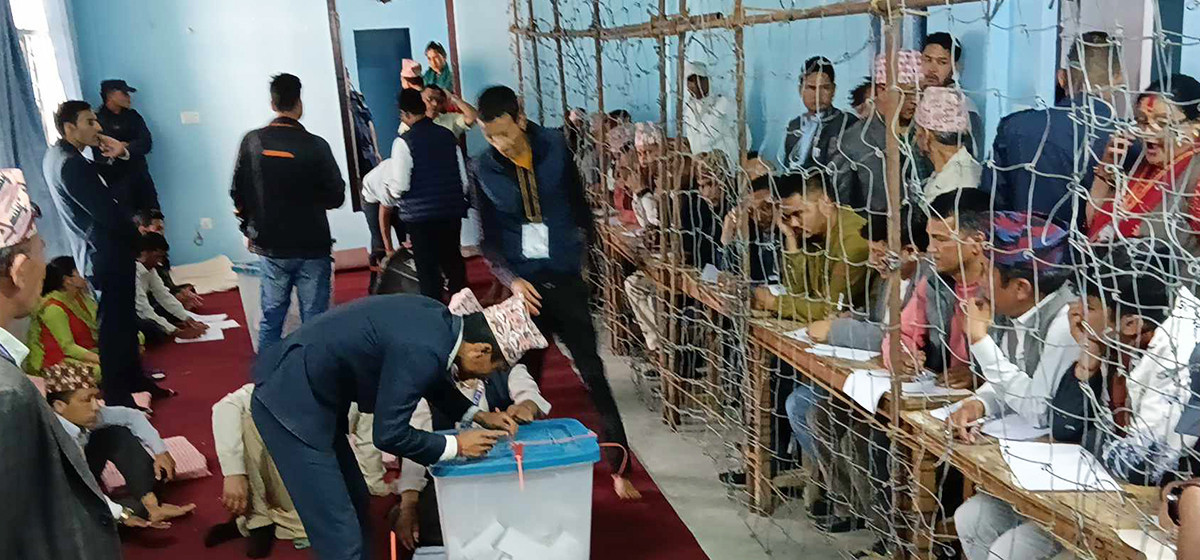


Just In
- Ilam-2 by-election: UML candidate Nembang secures over 10,000 votes
- High-voltage power supply causes damage to 60 houses
- Bajhang-1 by election: UML leads again
- Lumbini and Koshi likely to experience stormy conditions
- Bajhang-1 by-election: NC maintains narrow lead over UML
- CIB continues investigation into illegal driving license issuance case
- Hearing on 'murder' case against Agni Sapkota scheduled in SC after 17 years
- Ridi-Tamghas road to undergo a month-long closure from today




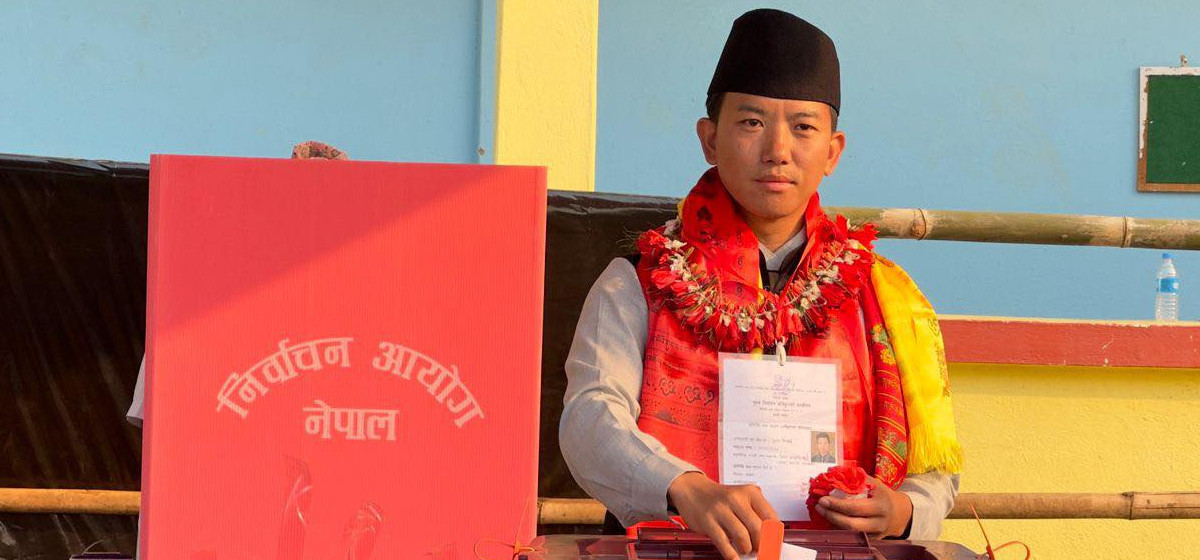


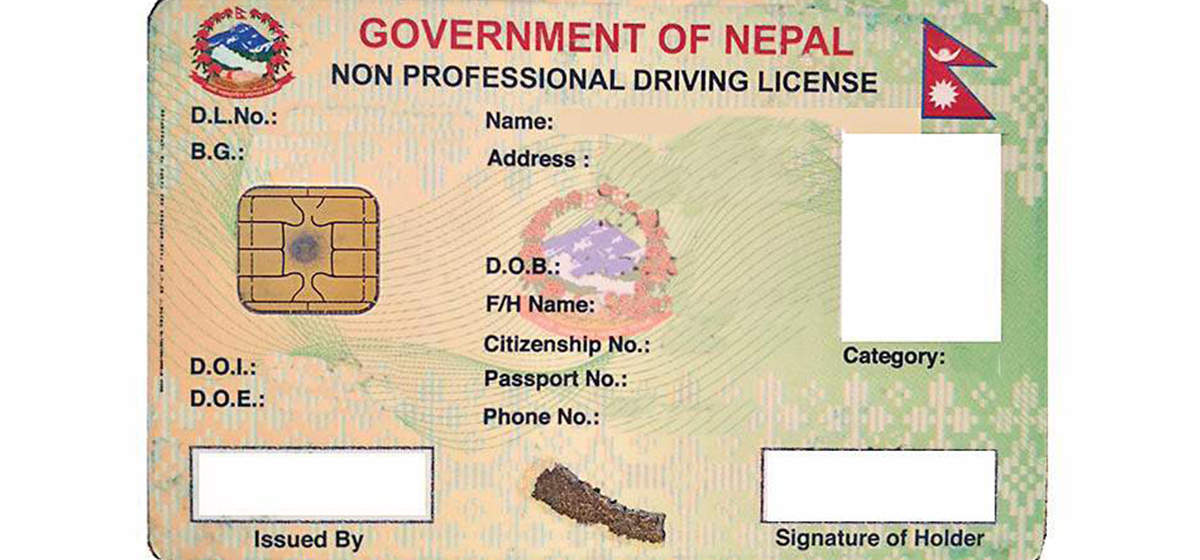
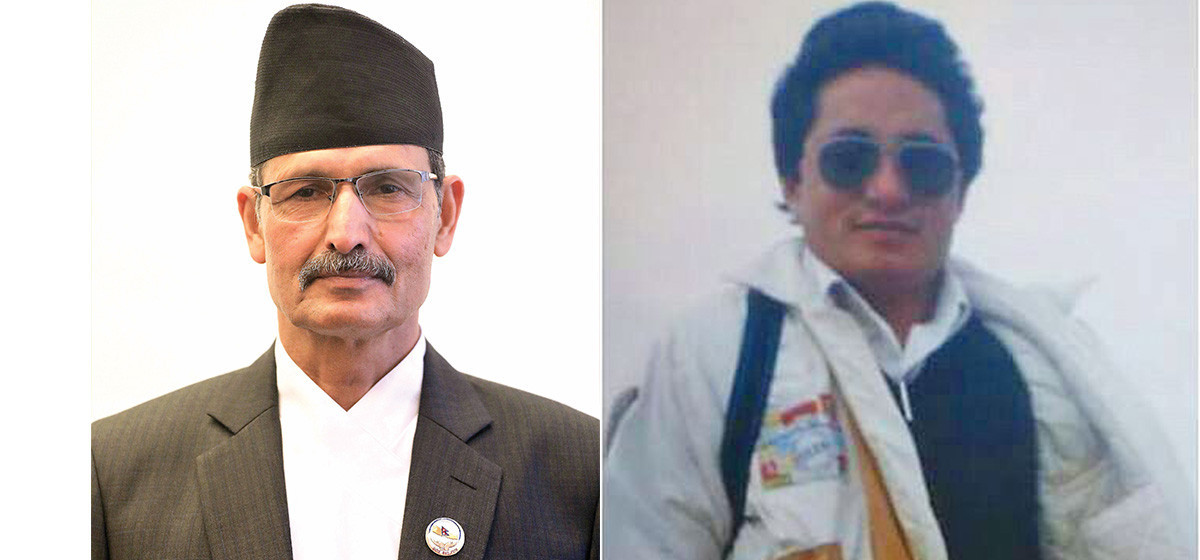
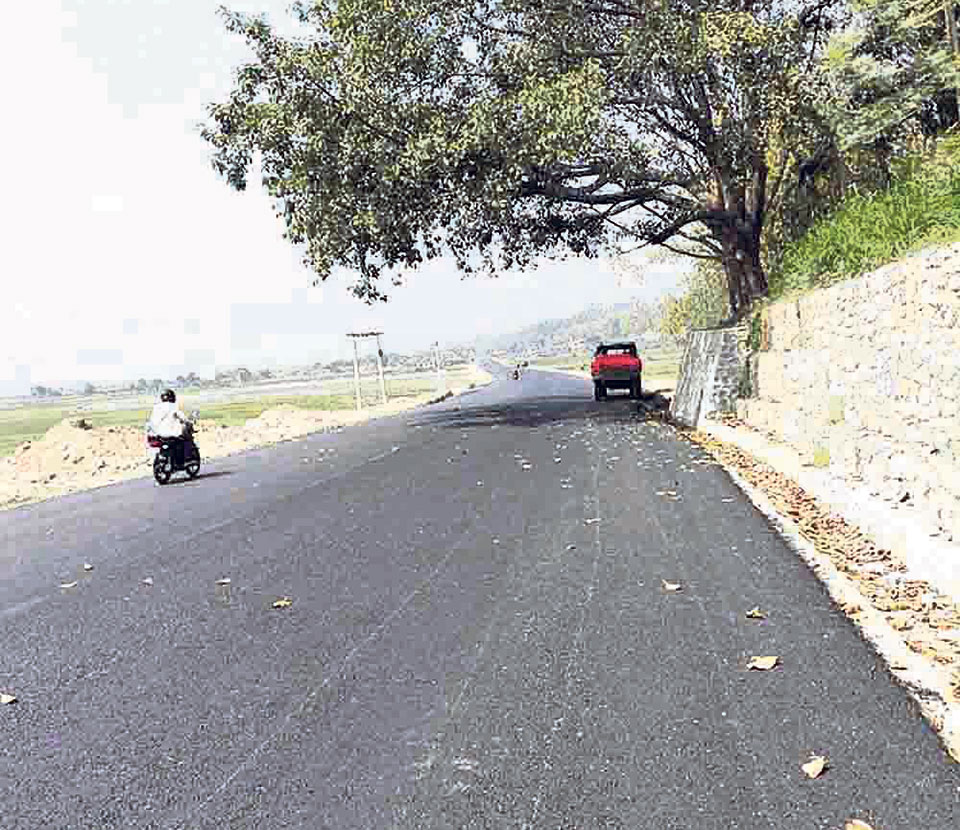
Leave A Comment